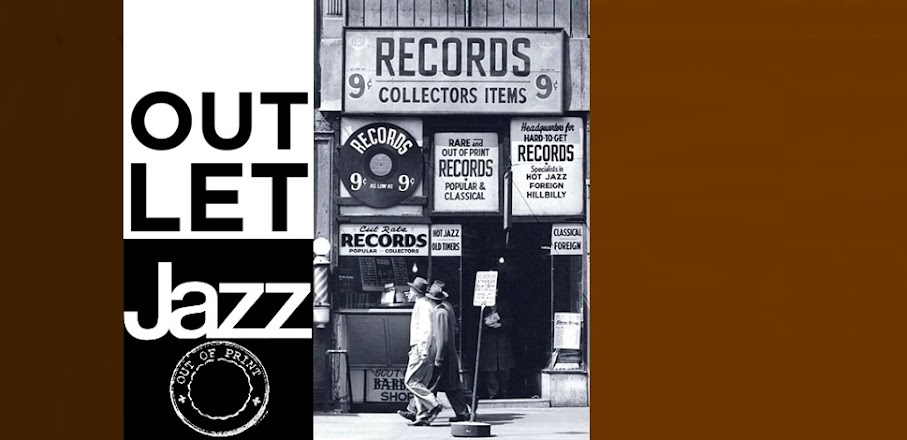The Herb Pilhofer Trio
Jazz
A good portion of American jazz, like many other areas of entertainment, is embroiled in a star-system that exults the individual performer and discourages ensemble efforts.
Many groups have no choice but to build their work around a featured performer because they lack the ability to perform as an integrated unit. Such groups are quickly transformed into the promotion man's "personality" product.
And so it is indeed refreshing to find a group like the Herb Pilhofer trio that produces that scarce commodity, ensemble jazz, and with such extremely good taste. So emphatic‘ is Pilhofer about the group concept that he rejected several bookings that would have featured him with bass and guitar. It was the group or nothing, a decision that delayed wider recognition, but kept Herb’s musical philosophy intact.
Argo has, with this album, acknowledged the honesty and integrity of Pilhofer's bias. As one observer remarked while listening to the tapes, "it's the whole cloth, without any superfluous embroidery". It is a good metaphor for describing the trio's work, comparing its music to a rich and finely woven fabric. No matter what the trio cuts from the bolt it applies its craft masterfully.
This album demonstrates Pilhofer's theories of unity. There are no exhibits of individual talent at the expense of the trio. It's the total instrumentation — a piano, a guitar, and a bass — that prevails. One exception is Pilhofer's solo performance of "It Might As Wll Be Spring". Still, this an obvious showcase for the piano and not a misappropriation of the unit. *Charles Hanna (liner notes)*
The Herb Pilhofer Trio (Argo LP 657) is, as far as I know, the initial recording of this group with guitarist Dale Olinger and bassist Stu Anderson. The unit is a tightly integrated one and depends for much of its effectiveness upon the close polyphonic interplay of the voices.
They have chosen material which is good in itself and has not been overplayed: "Valse Hot", "The Duke", "My Ship", "Godchild". Their playing is always in good taste and their ideas are clearly defined and consistently developed. Each player seems to understand the others and to know how to work in with them. Pilhofer and Olinger bear most of the solo burden and they acquit themselves well. Nevertheless, most of the performances seem to lack what I would call vitality. Everything is well done, but one is conscious of what seems a desire to be correct at all costs, and neither the solos nor the polyphonic passages seem to have feeling of deep engagement.
*H. A. Woodfin (The Jazz Review, November 1960)*
Side 1
1 - Valse Hot
(Sonny Rollins)
2 - Sweets
(Bill Russo)
3 - More Than You Know
(Youmans, Rose, Eliscu)
4 - The Duke
(Dave Brubeck)
5 - My Ship
(Weill, Gershwin)
Side 2
6 - Trio
(Herb Pilhofer)
7 - Ship Without A Sail
(Rodgers, Hart)
8 - Isn't It Romantic
(Rodgers, Hart)
9 - It Might As Well Be Spring
(Rodgers, Hammerstein)
10 - Godchild
(George Wallington)
Herb Pilhofer (piano), Dale Olinger (guitar), Stuart Anderson (bass).
Recorded at Ter-Mar Recording Studios, Chicago, Illinois, September 8 and 9, 1959.



https://1fichier.com/?bs5cnq5km2yv7ylqwbhs
ReplyDeleteGracias blbs. Muy interesante.
ReplyDeleteMuchas gracias, genial.
ReplyDeleteMe ha sorprendido gratamente, gracias.
ReplyDelete